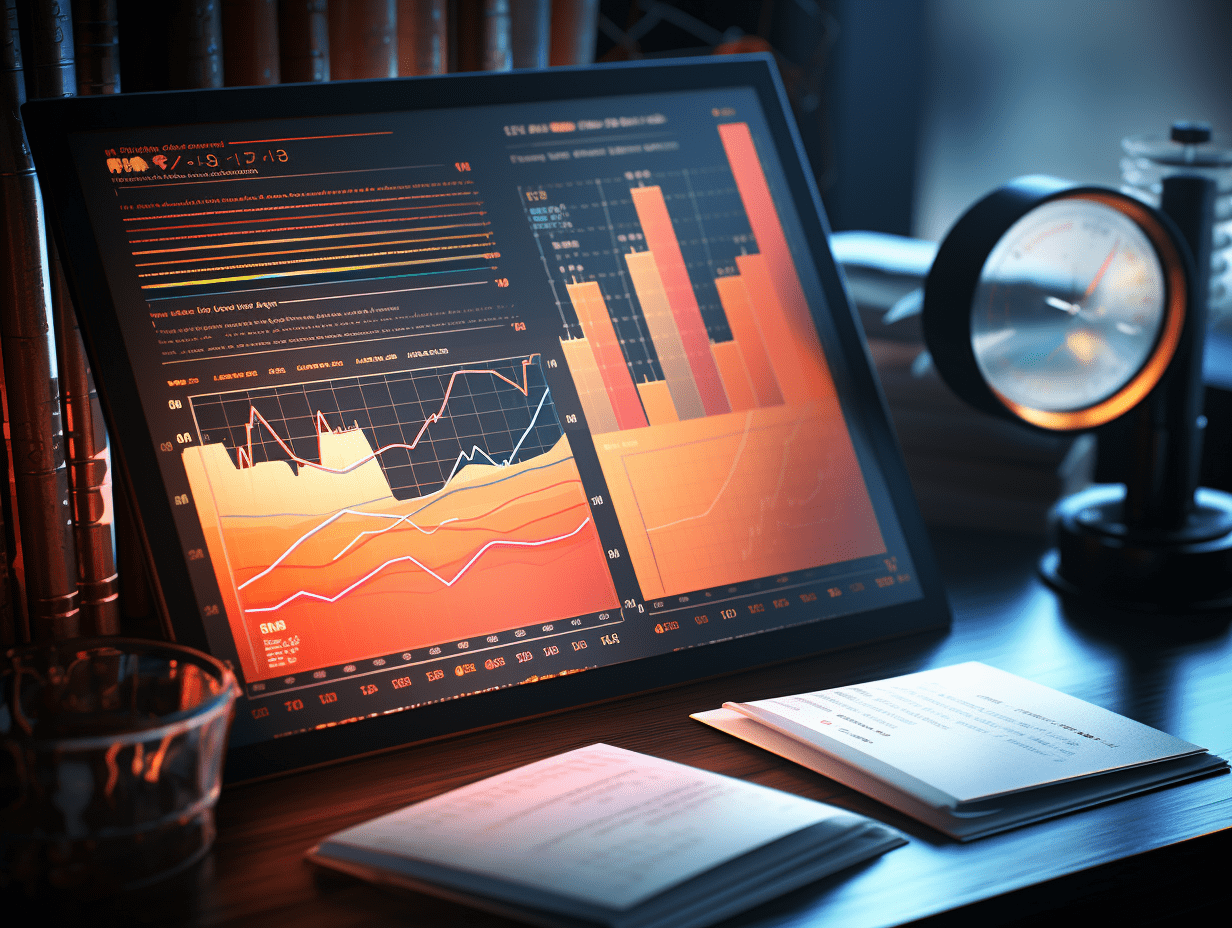Stock buyback frenzy in the US! JP Morgan predicts that the future buyback size could increase by another $600 billion.
Citi has stated that due to buybacks restricting the supply of stocks, the size of stock buybacks in the United States could increase by $600 billion in the coming years.
JPMorgan's strategists have stated that with stock buybacks limiting stock supply, the size of buybacks in the US in the coming years could increase by $600 billion.
Led by Nikolaos Panigirtzoglou, the strategist team predicts that after reaching a record $1.5 trillion in buybacks in 2025, its value in US dollars will further soar. This trend will be driven by a rebound in stock buybacks to levels of 3% to 4% of stock market value before the pandemic (currently at 2.6%).
In a report to clients on Thursday, they wrote, "US buybacks have strongly propelled the stock market rise this year and may become even stronger in the coming years."
Global stock buybacks have already reached last year's full-year level in the first eight months of 2025. Strategists say that buyback activity, combined with sluggish IPOs, continues to keep stock supply in negative territory.
Panigirtzoglou and colleagues wrote, "From a supply perspective, publicly traded stocks continue to receive strong support, with the number of stocks of listed companies consistently shrinking. This marks the fourth consecutive year of this unprecedented trend."
Buybacks have been a powerful driving factor in stock performance this year. Year-to-date, US stocks with the highest buyback-to-market value ratio have outperformed an equal-weighted S&P 500 benchmark index by nearly 6 percentage points.
However, other factors may dampen buyback activity. Goldman Sachs strategist Ben Snider and his team stated earlier this week that buyback growth among S&P 500 companies has recently stalled after a record first half of the year.
Goldman strategists wrote, "High interest rates and surging capital expenditures will constrain buyback growth unless stock valuations unexpectedly decline or AI investment sharply slows down."
Related Articles

Trader bets that the easing cycle of the European Central Bank is over and hawkish signals support the rebound of the euro.

J.P. Morgan's 2025 U.S. stock strategy: AI remains the core engine, short-term vigilance is needed against inflation and valuation risks.

Bank of America's heavyweight report: AI "water sellers" are winning! Where could global funds flow next?
Trader bets that the easing cycle of the European Central Bank is over and hawkish signals support the rebound of the euro.

J.P. Morgan's 2025 U.S. stock strategy: AI remains the core engine, short-term vigilance is needed against inflation and valuation risks.

Bank of America's heavyweight report: AI "water sellers" are winning! Where could global funds flow next?

RECOMMEND

Hong Kong Stock Concept Tracker|Oracle (ORCL.US) RPO Surge Ignites AI Computing Power Chain—Domestic Opportunities in Focus
11/09/2025

Southbound Capital Flows Shift: Profit-Taking on High-Flying Stocks and Accumulating Alibaba and Tence
11/09/2025

Anti-Involution Policies Deliver Results as August Price Indicators Improve
11/09/2025


